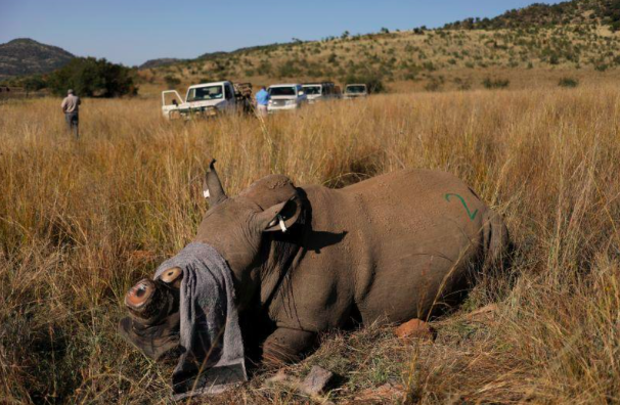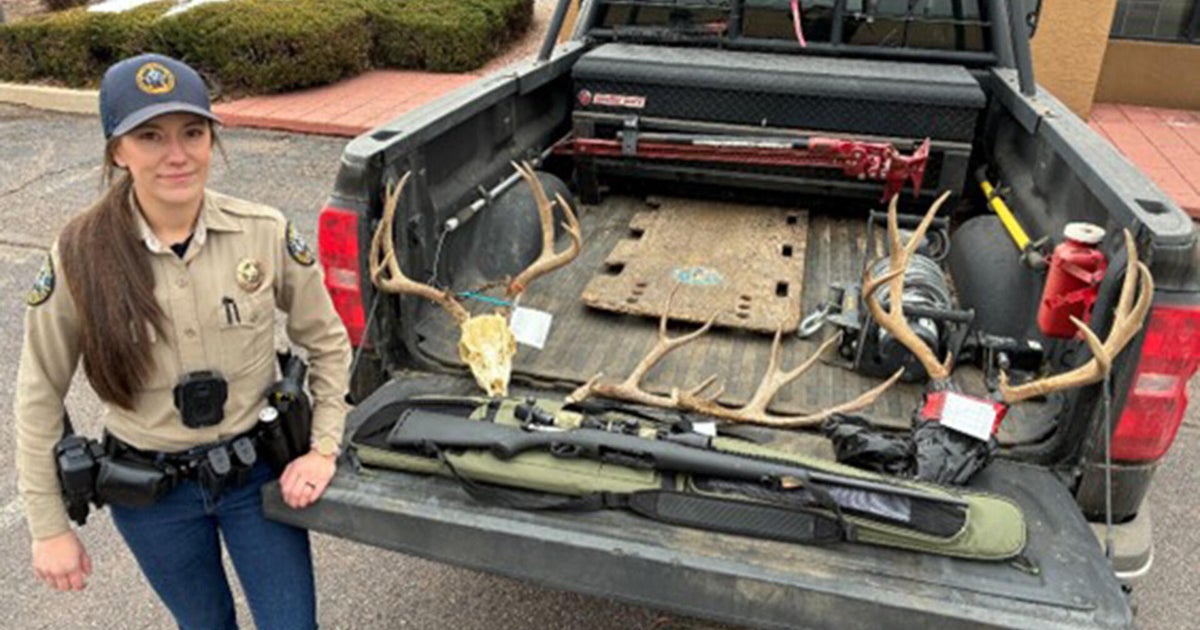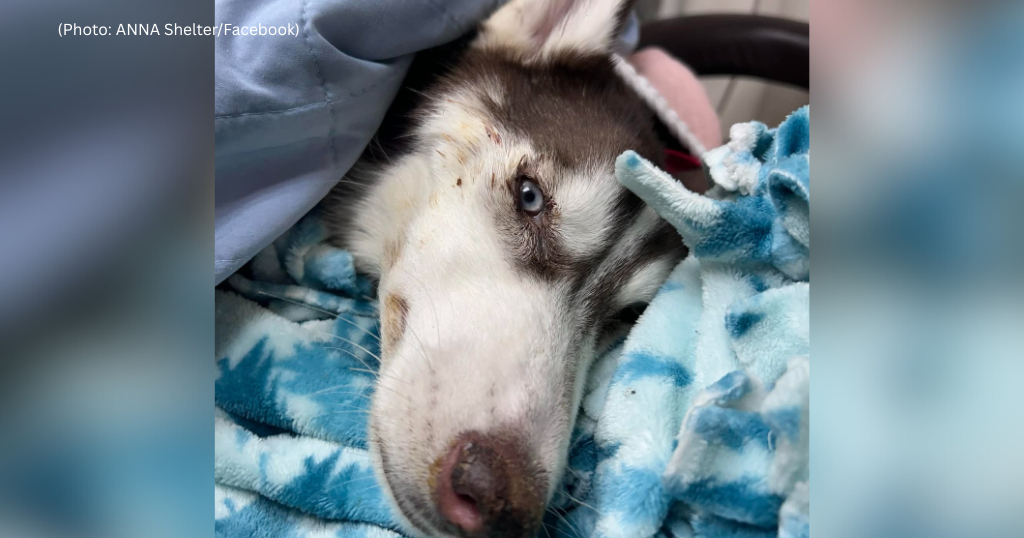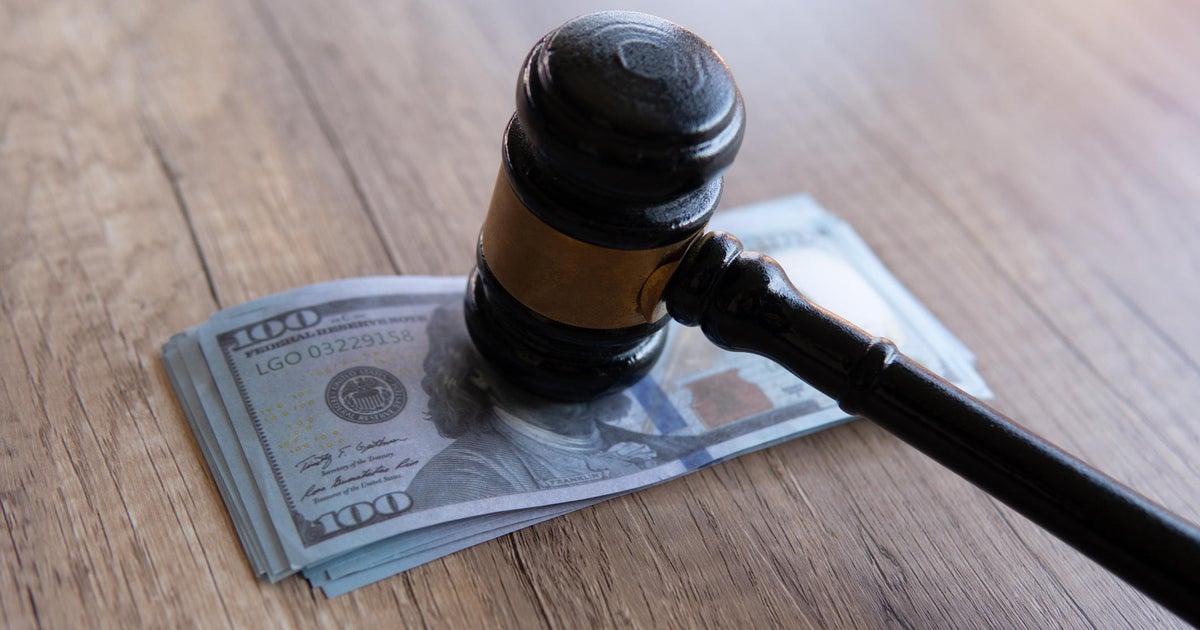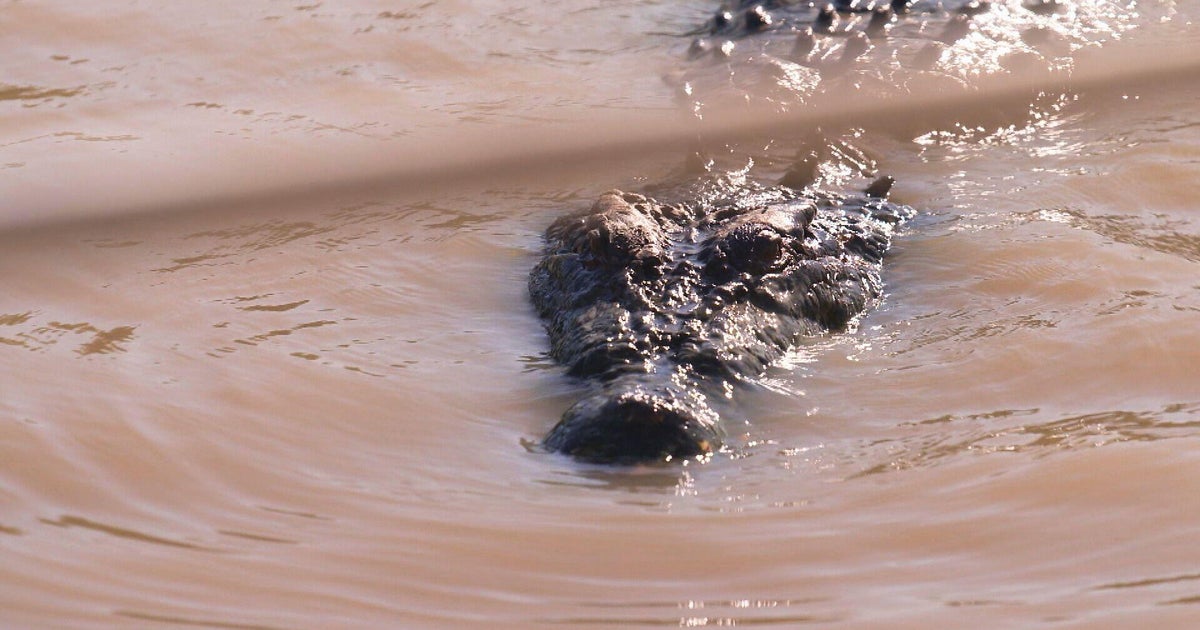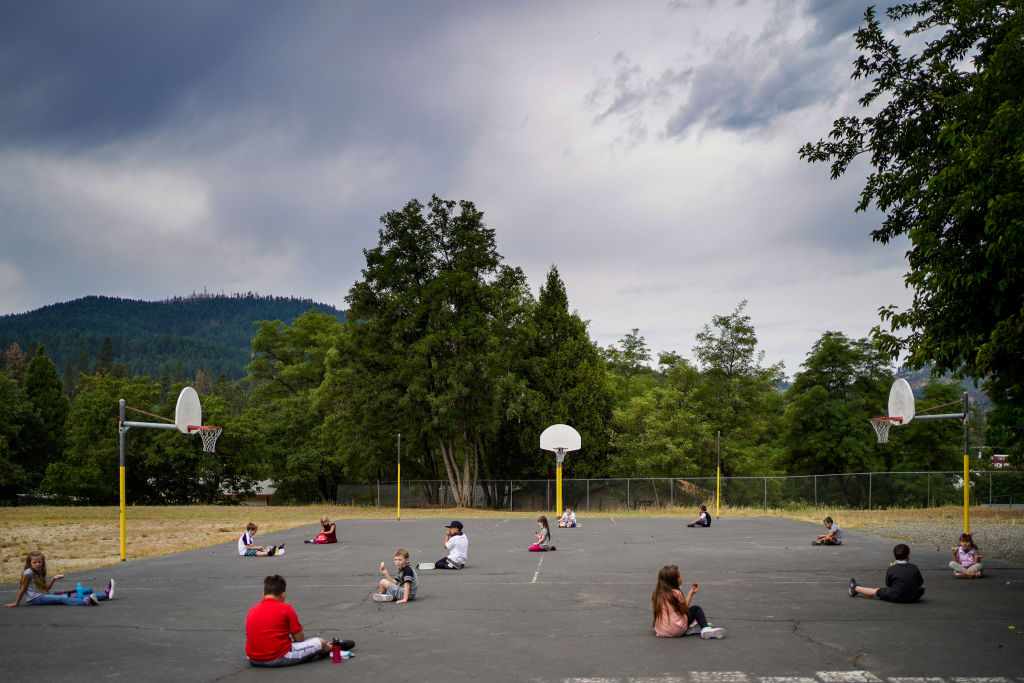Dozens of rhinos dehorned to prevent coronavirus lockdown poaching surge
Wildlife officials in South Africa have removed the horns of dozens of rhinos as a protective measure against poachers. Experts fear poaching has and will continue to surge during the country's struggle with the coronavirus pandemic.
With tourism at a standstill, three of South Africa's popular game parks — Pilanesberg National Park and the Mafikeng and Botsalano game reserves — have been mostly empty.
Tourism hotspots were until recently considered relatively safe havens for wildlife, protected by both rangers and visitors, CBS News foreign correspondent Debora Patta reported. But the new lack of people has given poachers an opportunity to kill rhinos for their horns.
To prevent the death of the rhinos, park officials decided to remove their horns before poachers could get to them. Conservationists and rangers are deemed essential workers in South Africa, allowing them to perform crucial dehorning procedures.
Nico Jacobs, a co-founder of the non-profit Rhino 911, decided to expedite the process after spotting a lioness eating the carcass of a poached rhino from a helicopter. "We would rather see him roaming and breeding without a horn than leave him vulnerable to greedy poachers," the organization said on Facebook on Friday.
To remove the horns, officials tranquilized the rhinos and used an electric saw to cut them down to nubs, making the animals useless to poachers. Rhino 911 has worked with officials to dehorn rhinos for the last three years, resulting in a drop in poaching incidents.
"I've seen so many slaughtered, butchered rhinos. What is the solution? For [poachers] to come when there's lions, elephants ... It's too much risk for that little piece," Jacobs told Reuters of the nub that is left behind.
Officials do not release the official number of rhinos in the parks in order to protect them.
Rhino horns sell for $60,000 a kilogram, more than cocaine or gold, Reuters reports. They are often used for medicinal purposes.
Experts said dehorning does not have any negative side effects on the health of the animals.
"Dehorning or trimming rhino horn is not something that any of us that love these gentle giants choose, but it is a proven method of protecting the animals with little or no side effects or stress on the animals," Rhino 911 wrote on Facebook.
"Rhino horn is made of keratin — so cutting the horn, is like trimming your nails or hair," the group added. "The horns grow back!"
In extending the animals' lifespans, dehorning gives rhinos the chance to breed and regrow their population. Officials said the rhinos are constantly monitored by experts throughout the process to ensure their breathing is steady and body temperature remains constant.
As the planet celebrates World Environment Day on Friday, threats to species' survival are more prominent than ever. According to a study published Monday, humans are causing mass extinction on a scale not seen since dinosaurs went extinct 65 million years ago.
There are currently about 27,000 rhinos in existence worldwide, according to the International Rhino Foundation (IRF). Two of the world's five rhino species are facing extinction within decades.
Poachers killed nearly 900 rhinos in 2018, the IRF said, a slight reduction from previous years due to massive protection efforts by conservationists.
According to Rhino 911, officials initially planned to trim horns from June through August — but they accelerated their plans due to poaching incidents during the lockdown, which has only been partially lifted.
"This was a historic effort — never before has this been done on this scale in such a short period of time," the organization said. "Rhino 911 is proud and grateful to be entrusted by North West Parks board with this task."
